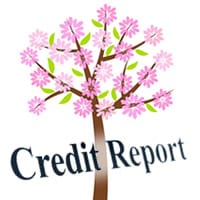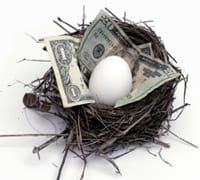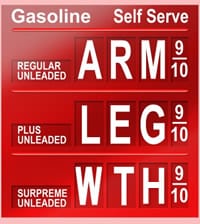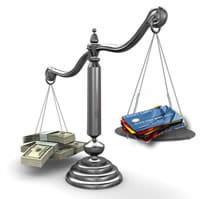Share Your Vacation Story!
Planning a great money-saving vacation? Share your tips! You can post your story in the comments below or on Facebook, LinkedIn or Twitter. Or, you can email me at book @ jillrussofoster.com. I can’t wait to be inspired by your summer plans!
Here are my suggestions!
Now that it’s Spring, you’re probably thinking about summer travel plans. I know I am. But, with the price of gas going up, you might be thinking, “Can I afford to do something this summer?” You can if you stay local. Here are some free or low-cost suggestions:
Local museums – Museums can be pricey, especially if you’re bringing the whole family. But most museums have free days or discount days. Check the website or call the museum to see when their next discount day is, then plan a vacation day around that.
City parks for movies, concerts, or theater – Many Parks and Recreation Departments host events. These might be free, or low cost, and all you need to do is pack a picnic. In our area, we have movies in the park, many music concerts and Shakespeare on the Sound. Check out your town’s website to see what they offer.
Libraries – Check your library’s event listings (we use our library all year long). Many libraries host interesting talks, movies, and even musical events.
Holiday Celebrations including parades and fireworks – What is your town doing? Check out nearby towns, too.
State Parks – You’ll get a change of scenery and a day outside.
Tourist activities – Be a tourist or visitor in your town (or nearby) and check out the sites. Try to see your town with new eyes and check out the funny little restaurants, art stores, outdoor art, and important town landmarks.
Get together with family and friends – Plan a get together to reconnect. We have one planned for July already.
Go to the Beach – This is one of my favorite places to relax.
Street Fairs and Festivals – Many areas have multiple festivals throughout the summer. There are arts and crafts fairs, ethnic celebration festivals, and antique car shows. You can buy pottery one weekend, and dance the polka the next. Use the internet to see what’s happening in your area.
What do you have planned? Join the discussion.



 It is so important to prepare for retirement. It really is better to put aside money now so you can have those happy golden years later.
It is so important to prepare for retirement. It really is better to put aside money now so you can have those happy golden years later.




